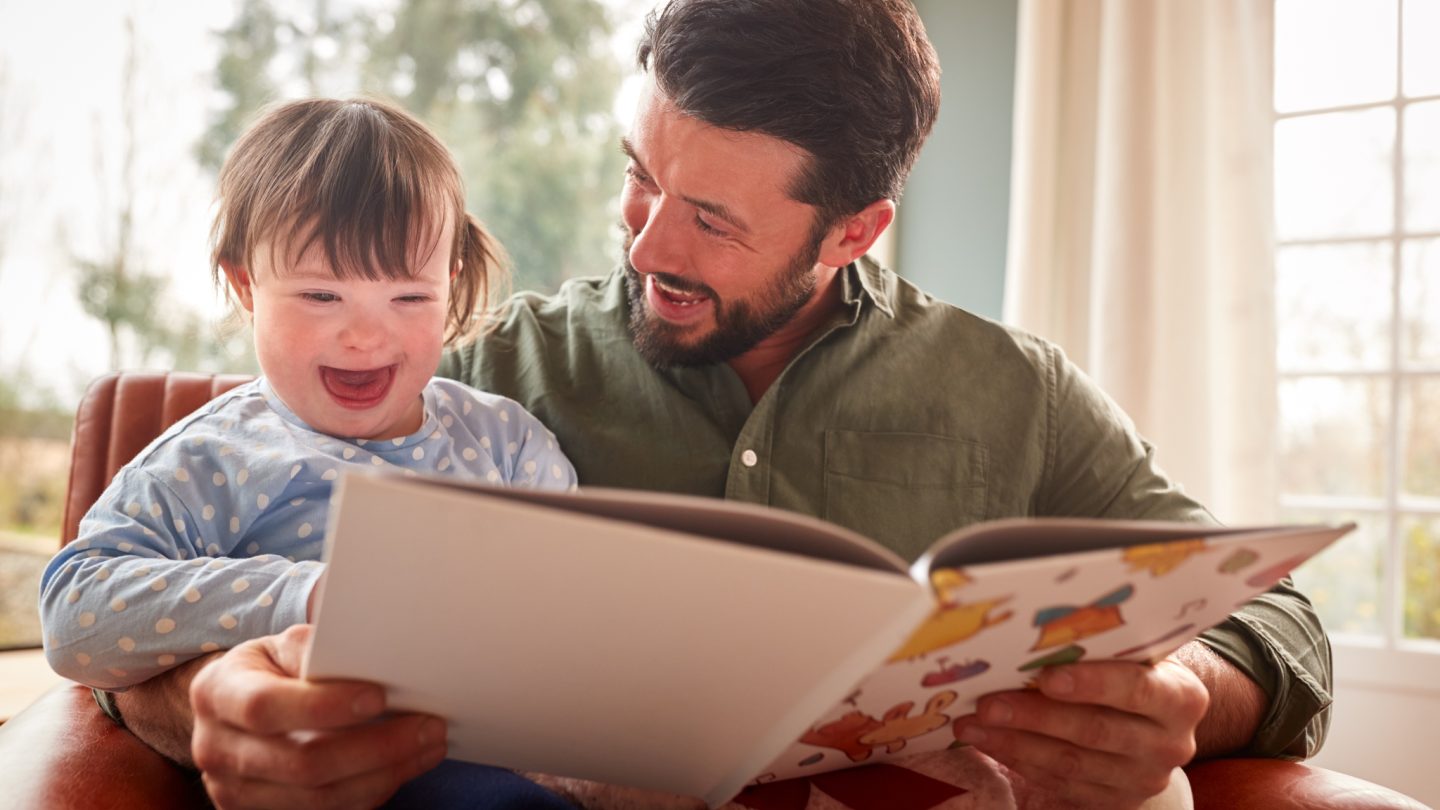How to handle parental guilt
 Image: A dad reading a book and laughing with a toddler.
Image: A dad reading a book and laughing with a toddler.
Parental guilt, that nagging feeling that you’re not doing enough, not doing it right or somehow falling short is something most parents experience at some point. In a world full of social media highlight reels, parenting blogs and well-meaning advice from all directions, it’s no wonder so many parents feel pressure to ‘do it all.’ But the truth is: you don’t need to be perfect to be a great parent.
Parental guilt can take many forms, here’s how to recognise, manage and let go of that guilt, and instead focus on what really matters – connection, presence and kindness, both to your child and to yourself.


